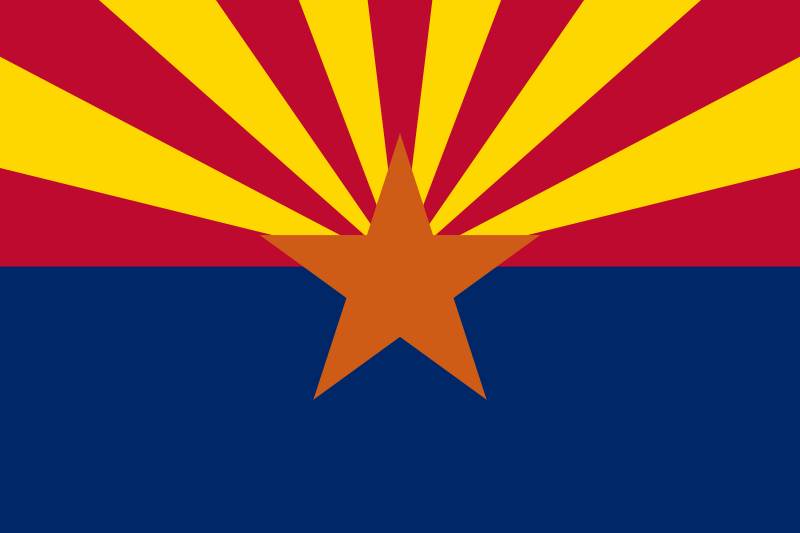Arizona voters will decide on a ballot measure that would allow property owners to request property tax refunds if their city or locality does not enforce public nuisance laws. The measure will be placed on the Nov. 2024 ballot.
Public nuisance laws are defined by the ballot measure to include illegal camping, loitering, obstructing public thoroughfares, panhandling, public urination or defecation, public consumption of alcoholic beverages, and possession or use of illegal substances.
Under this measure, the amount of the refund would be equal to the documented expenses to mitigate the effects of the public nuisance on the owner’s property.
The measure, introduced as HCR 2023, passed the Arizona House of Representatives along party lines on Feb. 28, 2024, with all 31 Republicans voting for the measure and all 28 Democrats voting against the measure. The measure also passed the Arizona State Senate along party lines on March 4, 2024, with all 16 Republicans voting for the measure and all 12 Democrats voting against the measure.
State Sen. Warren Petersen (R-14), who supports the measure, said, “We all know homelessness has been overtaking once-beautiful cities all over this country … What it really boils down to is, when we have citizens who break laws, government has a lot of tools to go after citizens that don’t follow the law. But when our government doesn’t follow the law, or enforce our law, our citizens are limited on what they can do.”
State Rep. Ben Toma (R-27) said Phoenix was an example of a municipality that did not address an encampment of more than 1,000 people until a Maricopa County Superior Court judge ordered the city to remove the encampment in Nov. 2023.
Sen. Justine Wadsack (R-17), who also supports the measure, said, “The homeless were running rampant on businesses in Tucson, breaking windows, breaking in, coming into the businesses during work hours with machetes, threatening people’s lives, causing damage to their establishment. And let’s not forget the feces, the urine, the needles, the mattresses on the roofs of their buildings. It’s getting to the point where people are closing their doors because they don’t have any relief for the damage that they had to incur.”
Jane Ahern, a lobbyist for the League of Arizona Cities and Towns, said in a committee hearing that this measure could put cities and localities in a difficult legal position. In 2019, the 9th U.S. Circuit Court of Appeals, which covers Arizona and eight other states, ruled that cities cannot clear out encampments if there are not enough shelter beds available.
Ahern said, “This bill is going to put cities in an impossible legal position … Instead of addressing the shortage of shelter capacity, this bill simply threatens to drain much needed resources and expose cities to further litigation.”
Sen. Priya Sundareshan (D-18), who also opposes the measure, said, “We talked about all of the different things that cities use their funding for, that if you take away their funds might result in reduced services, things like police and other very important needed city services. And so I’m so confused why we’re rushing to, in essence, defund the police when I know my colleagues on the other side have a problem with that.”
Along with this measure, Arizona voters will decide on four other statewide ballot measures, all referred to the ballot by the state legislature, on Nov. 5, 2024. They are:
- A constitutional amendment that would allow for the state legislature to terminate or alter a state of emergency.
- A constitutional amendment that would require partisan primary elections for partisan offices.
- A constitutional amendment that would create a signature distribution requirement for citizen-initiated ballot measures based on state legislative districts.
- A state statute that would establish a $20 fee on every conviction for a criminal offense, which would go to pay a benefit of $250,000 to the family of a first responder who is killed in the line of duty.


